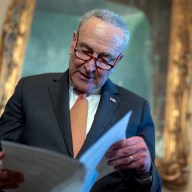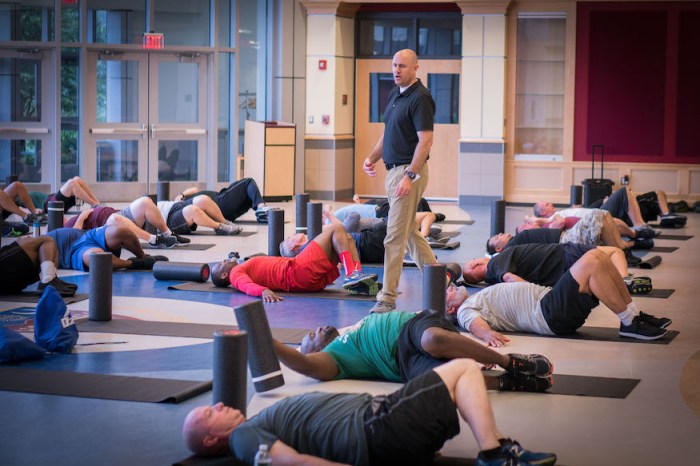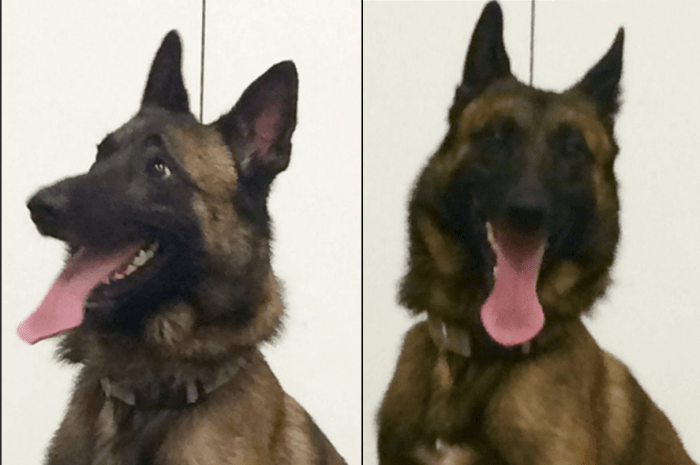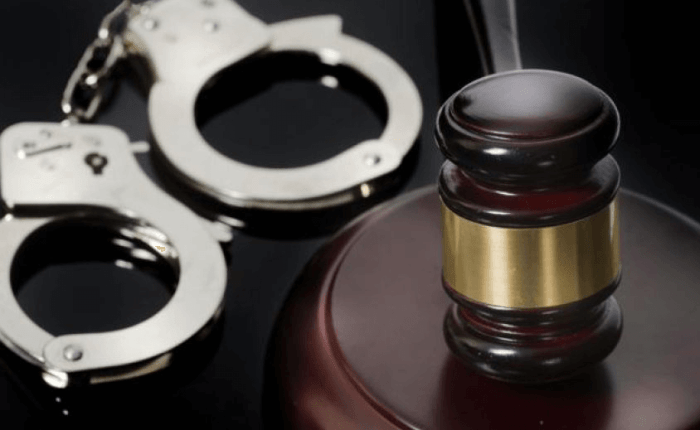This much we know: For the first time, this year Boston police officers will begin wearing body cameras — equipment attached to a cop’s uniform, which can be flipped on and off.
The city plans to equip 100 officers with the cameras — about one in 20 officers on the force — for six months beginning in May or June as part of a pilot program.
But even as Bostonians got the chance to weigh in at a series of informal public meetings this week, exactly how those cameras will be used is still unclear.
“We’re asking all these questions about the pilot and people don’t have answers,” said Segun Idowu, co-organizer of the Boston Police Camera Action Team, which has been advocating for the cameras since 2014. “And we’re a month away.” RELATED: Boston weighs pros and cons of body cameras for police Among them: whether police will be allowed to film inside people’s homes; whether footage of situations involving domestic abuse, children or the mentally ill will be taken; where, how and for how long all the police camera data will be stored. But the chief concern from BPCAT and others is that the results of the pilot may be tainted. That’s because right now the only officers who will wear the cameras are those who volunteer to do so. The “data will be skewed,” Idowu said, because “only the officers who are doing really, really great work” will sign up for the pilot, Idowu said. “And not the officers that we’re trying to hold accountable.” But there’s nothing policymakers or police leadership can do about that, said City Councilor Andrea Campbell, who organized community meetings held this week in Roslindale and Charlestown, with a third scheduled for Thursday night in Dorchester. The city can’t require an officer to wear a camera against their will without negotiating that policy into the police union contract. RELATED: Cambridge man arrested in hit-and-run that left two injured The city has set aside $500,000 for the pilot. Campbell estimated this week that it would actually cost less than $200,000 to implement.
In the future, Campbell said she hopes the city will adopt a permanent body camera program, and that participation in the future will not be voluntary.
In the meantime, she said she’s learned a lot from community meetings and has taken “pages and pages of notes” on residents’ concerns and ideas. She’ll then take those suggestions to her fellow councilors at a formal hearing next week. Idowu said he was happy with the community involvement leading up to the pilot, but had strong words for this week’s meetings, which he criticized because there isn’t a draft policy yet to debate. “The two words I heard were ‘sham’ and ‘charade’ from folks,” he said, adding, “My thing is, how can residents give feedback on a policy they haven’t been introduced to?”
RELATED: Flock of flamingos stolen from a front yard in Sturbridge Another concern as the pilot start date nears, said Idowu, is Boston Police Commissioner William Evans, who is working with a Social Justice Task Force to run the pilot. Evans has said he does not believe his officers need the cameras. “I know the momentum is for everyone having them, although I don’t really think we need them,” Evans said in a recent interview with Boston Herald Radio. “I think we’ve shown what kind of a class act department we are, but we are going to give them a try and see if the results are positive.” Those comments made Idowu “nervous,” he said, that the pilot won’t get a fair shot.
But overall, he said, he’s optimistic.
“At the end of the day I believe the cameras are coming no matter what,” he said.
The next meeting is scheduled at the First Parish Church of Dorchester from 6-8 p.m. Thursday.
Boston police rolling out body cameras amid blurry policy picture
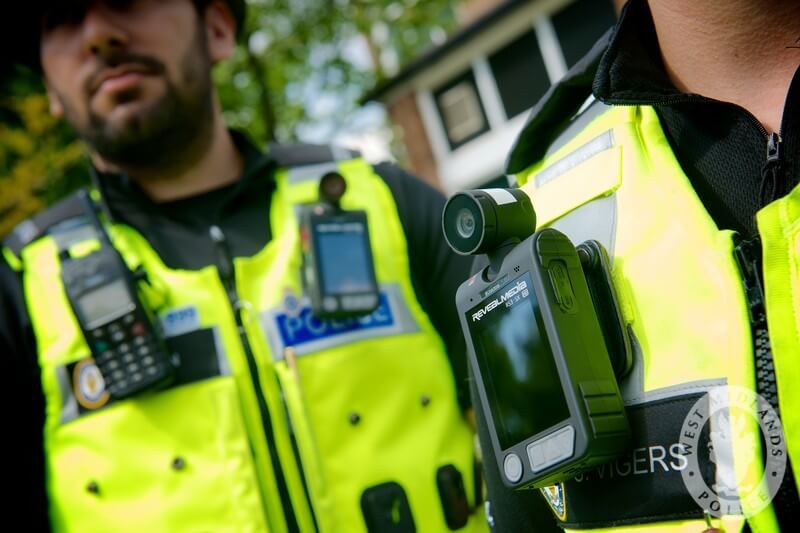
Flickr/West Midlands Police







